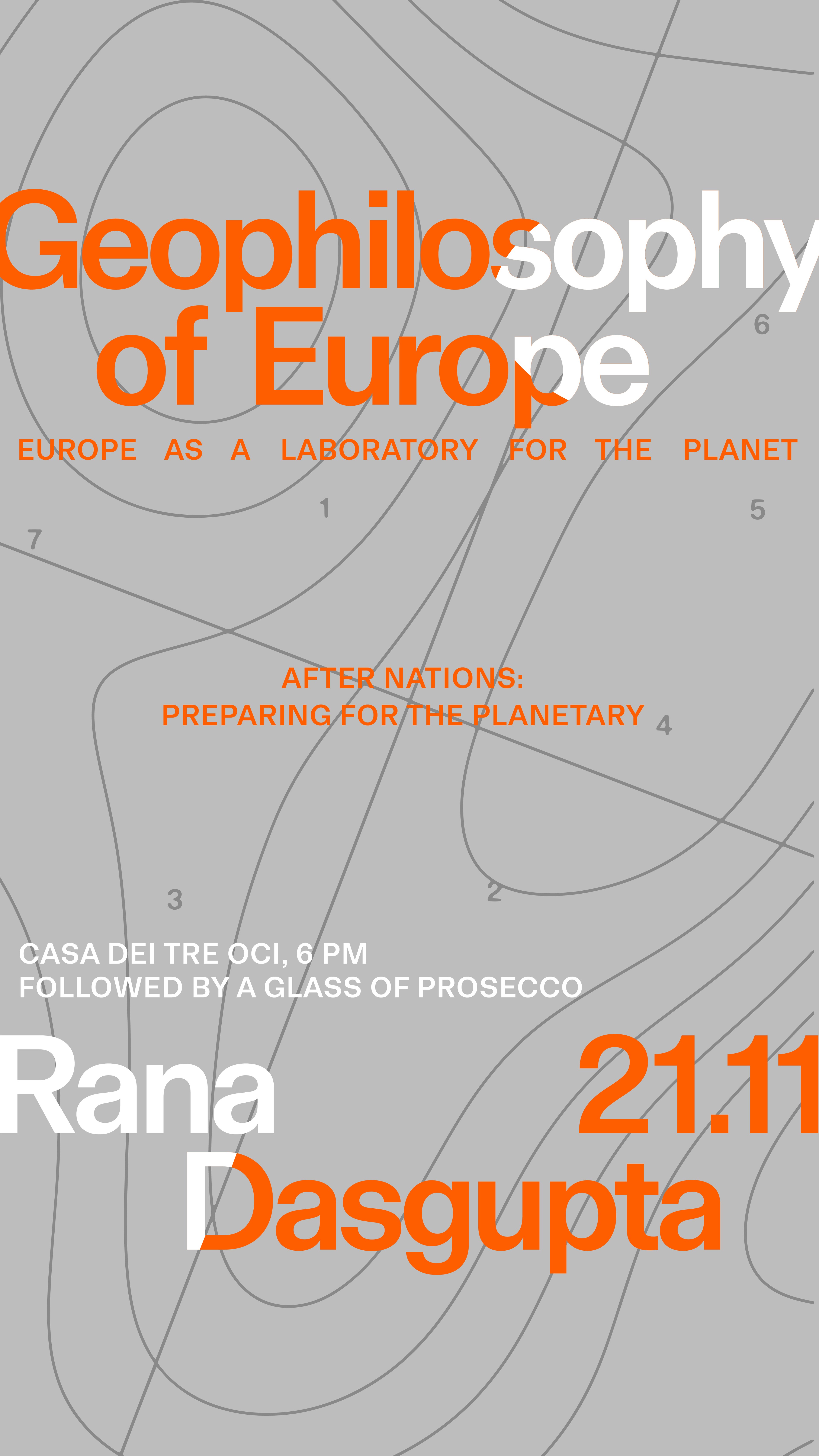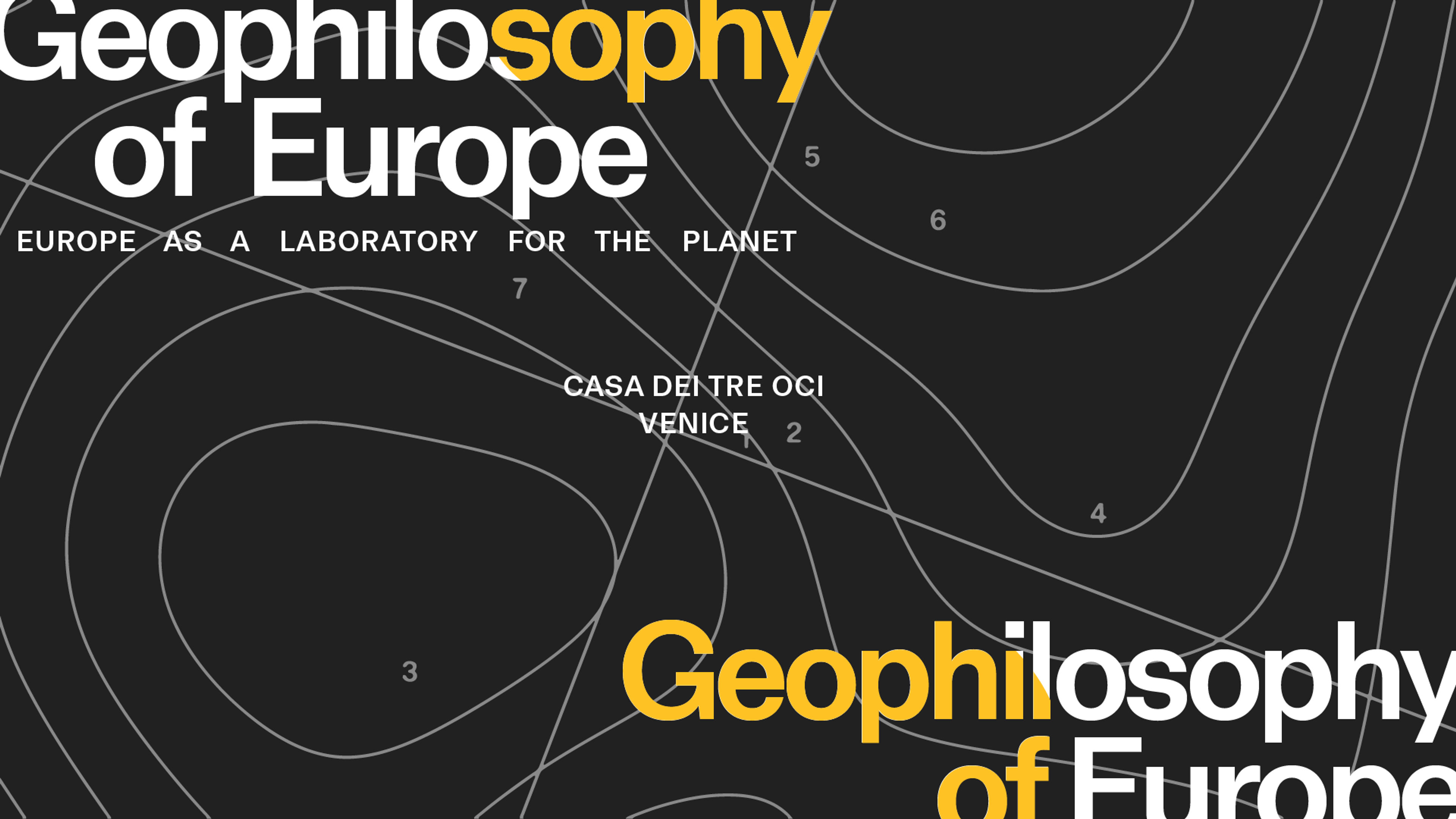
Geophilosophy of Europe: Europe as a laboratory for the planet
Today’s Europe is no longer at the centre of everything: it is increasingly a marginal space. Today Europeans no longer hold authority over their own history: the history of Europe is also told by other global voices with other perspectives. This situation requires a new philosophy of Europe's place and role, a new geophilosophy at the dawn of planetary politics.The Berggruen Institute Europe is unique in placing the question of Europe’s future in a planetary perspective and adopting the multidisciplinary approach that addressing this complexity requires. Not only understanding, but putting understanding at the service of action. The Geophilosophy of Europe program gathers leading thinkers from across the planet to sketch the new horizon.
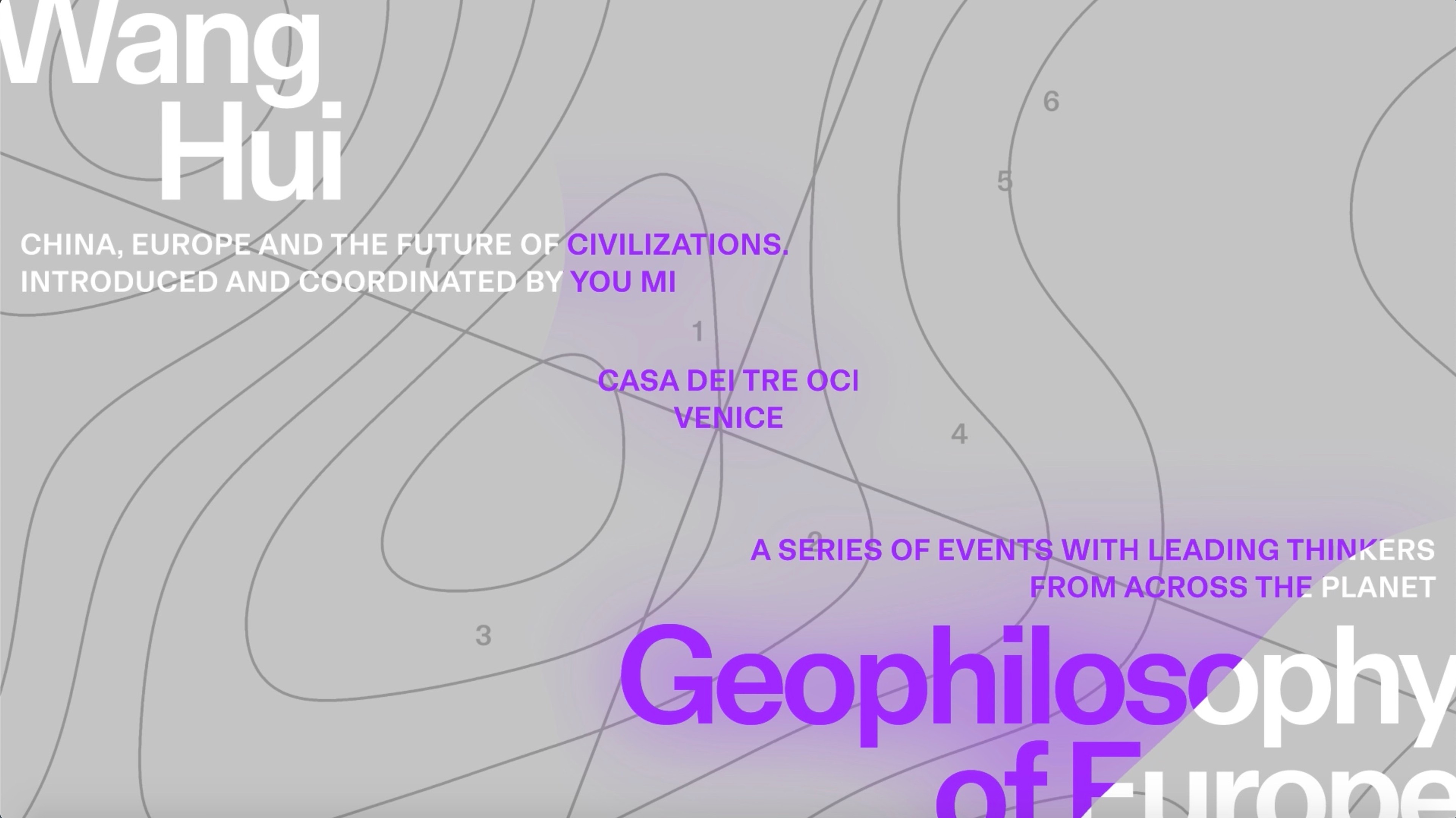
October 07th 2024
China, Europe and the future of civilizations, a lecture by professor Wang Hui
Wang Hui - one of China's most influential intellectuals - delivered a keynote lecture on the meanings of modernity in China and in Europe, as the urgent need for bringing civilisations into dialogue requires us to take a richer view of their intellectual histories.
Professor Wang introduced his famous interrelated concepts of trans-systemic society and trans-societal system related to China with the attempt to use it as a mirror for Europe and its future. Under what conditions could Europe become a trans systemic society?
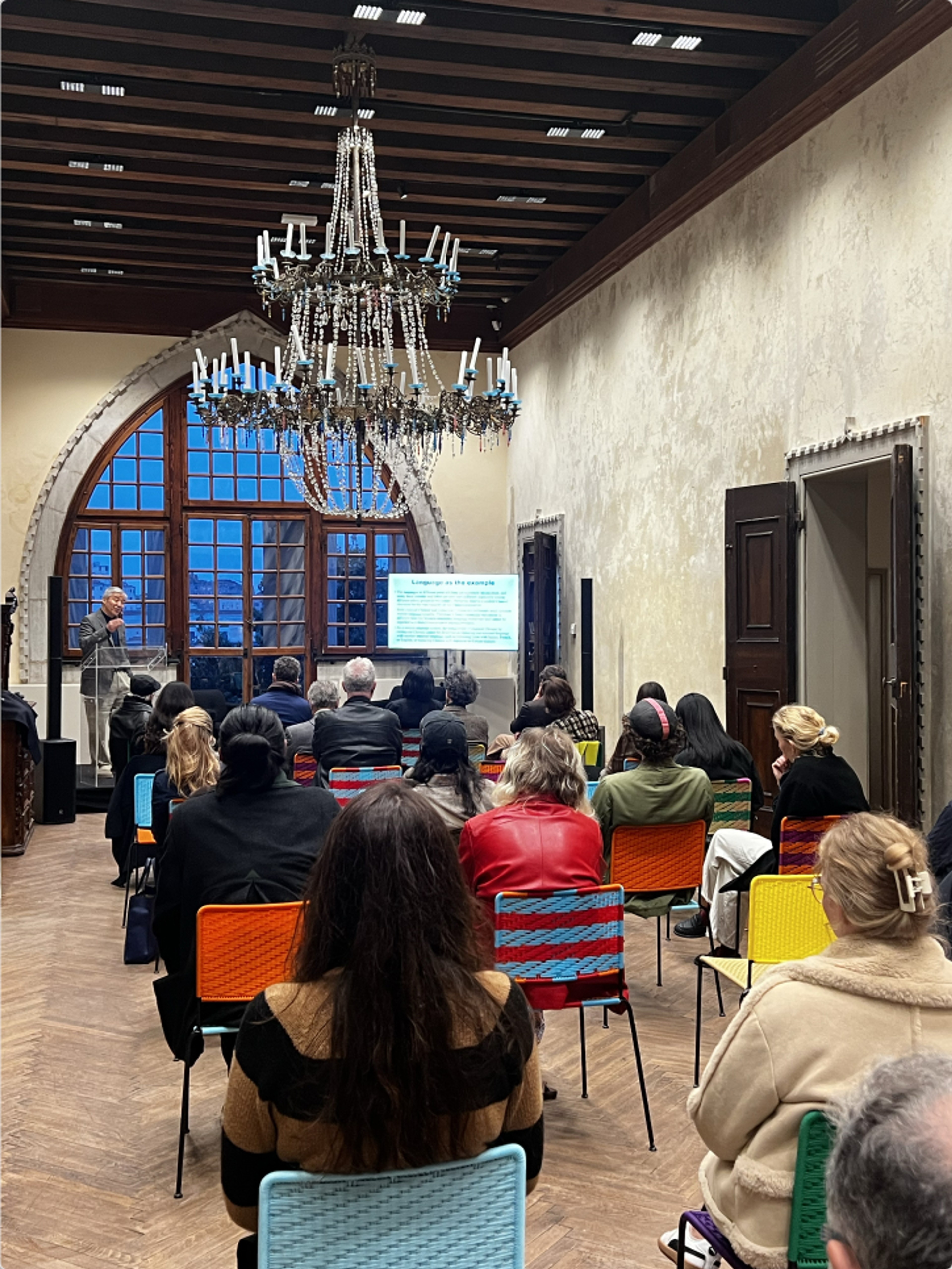
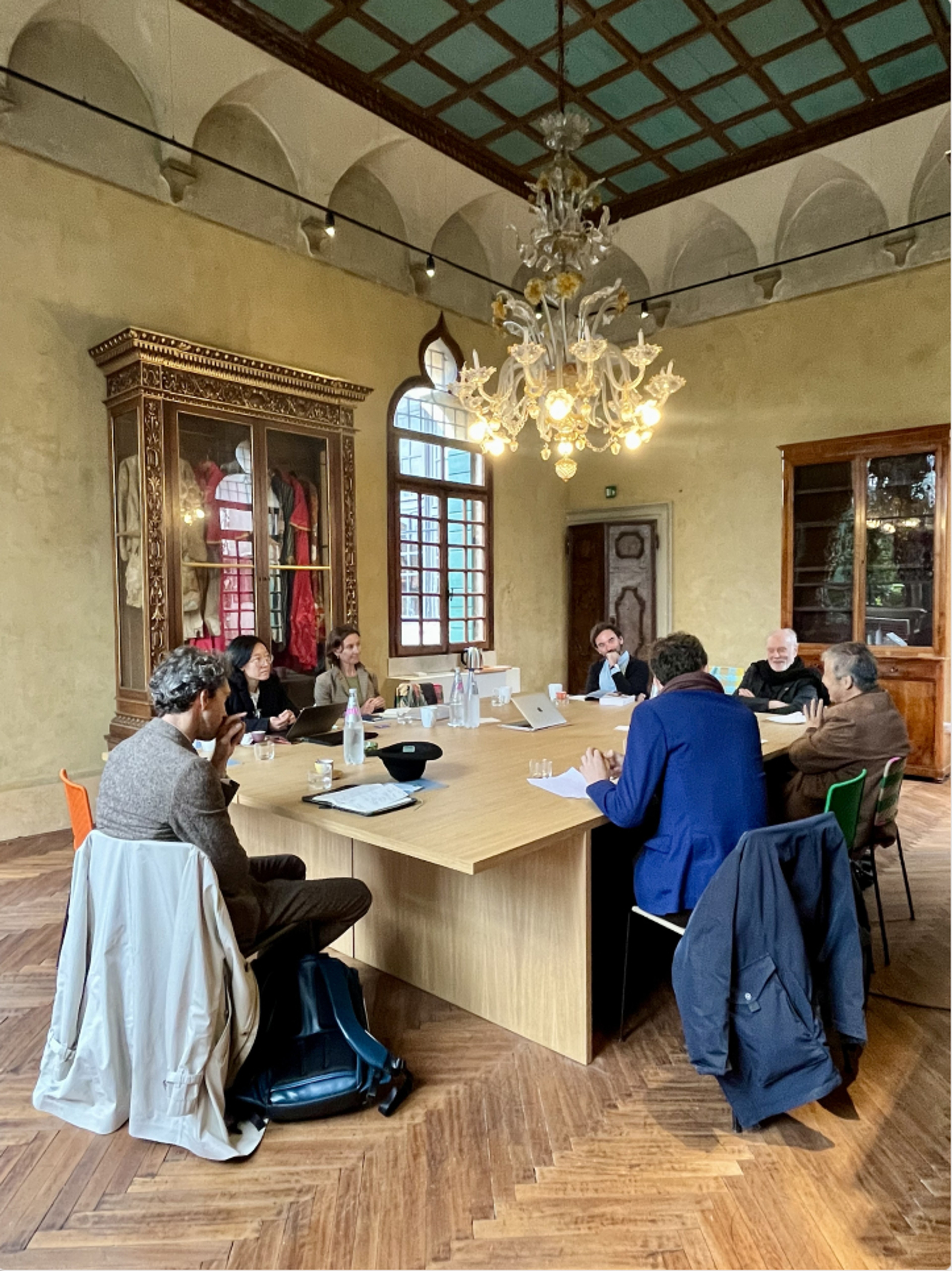
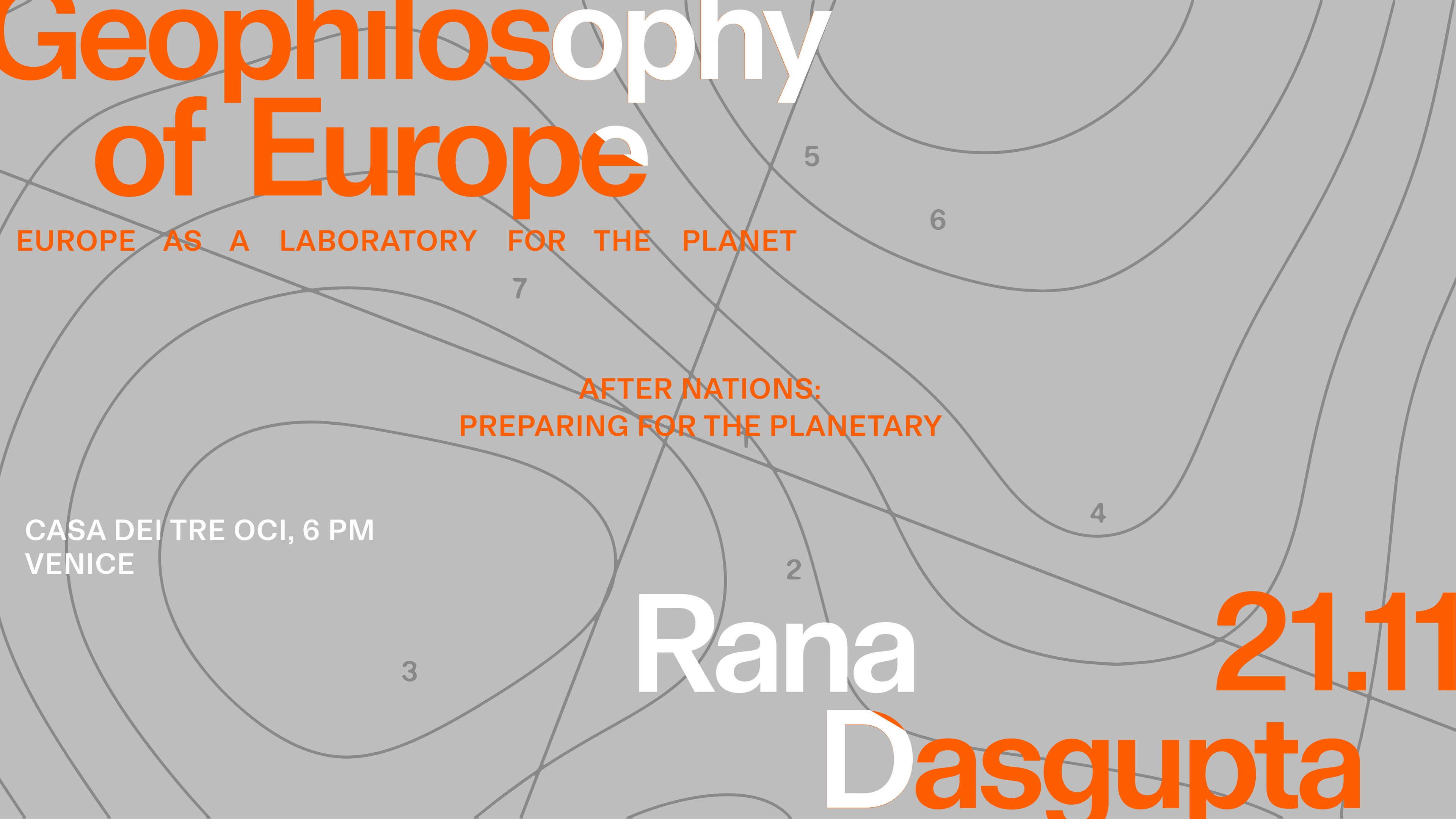
November 21st, 2024
After Nations: preparing for the planetary, a lecture by Rana Dasgupta
On November 21st, BIE hosted a lecture with novelist and essayist Rana Dasgupta on the unraveling of the nation-state and the urgent need to prepare for planetary politics.
The nation-state, as the dominant model of governance, is failing across multiple dimensions - theologically, economically, legally, and ecologically.
If this trajectory continues unchecked, it risks leading to a prolonged period of disorder, a modern “Dark age”. To prevent such collapse, new systems must emerge - ones capable of operating at the scale of 21st century challenges and transforming globalization from an extractive, unstable force into a cohesive planetary society.
In the video interview below, Dasgupta, author of the upcoming After Nations, explored the foundations of these necessary planetary systems, how they might take root within the current global order, and the role Europe can play in shaping this transition.
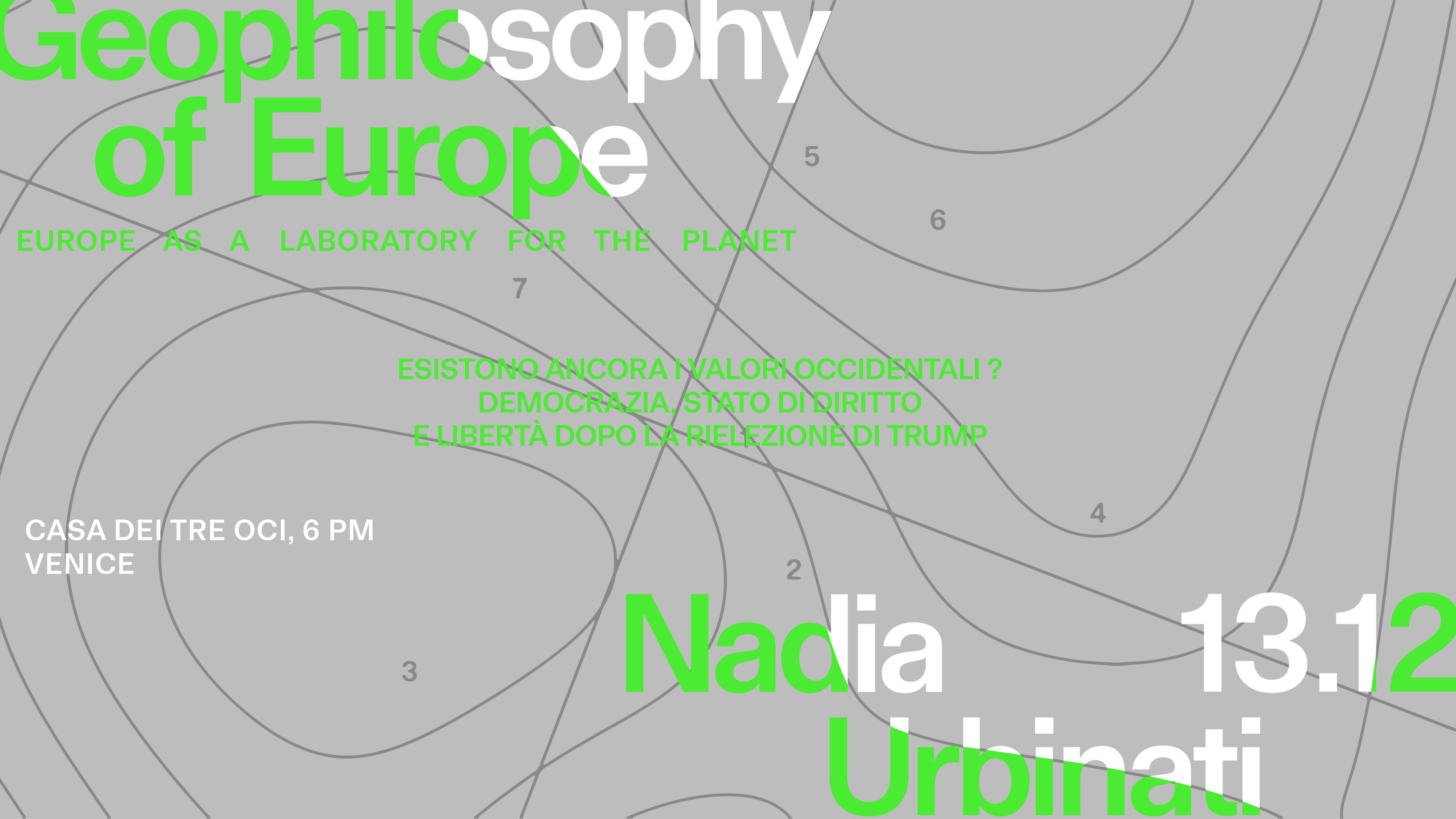
December 13th, 2024
For a European sovereignty: democracy, rule of law and freedom after Trump's re-election
The crisis of the international liberal order and the internal evolutions of national democracies highlight how Western values are now threatened within the Atlantic space itself. What will happen to democracy, freedom, and the rule of law after Donald Trump’s reelection? What will be Europe’s role in this scenario? To discuss this, the Berggruen Institute hosted one of the world’s leading scholars of democracy, Nadia Urbinati, professor of political theory at Columbia University in New York and member of Accademia dei Lincei.
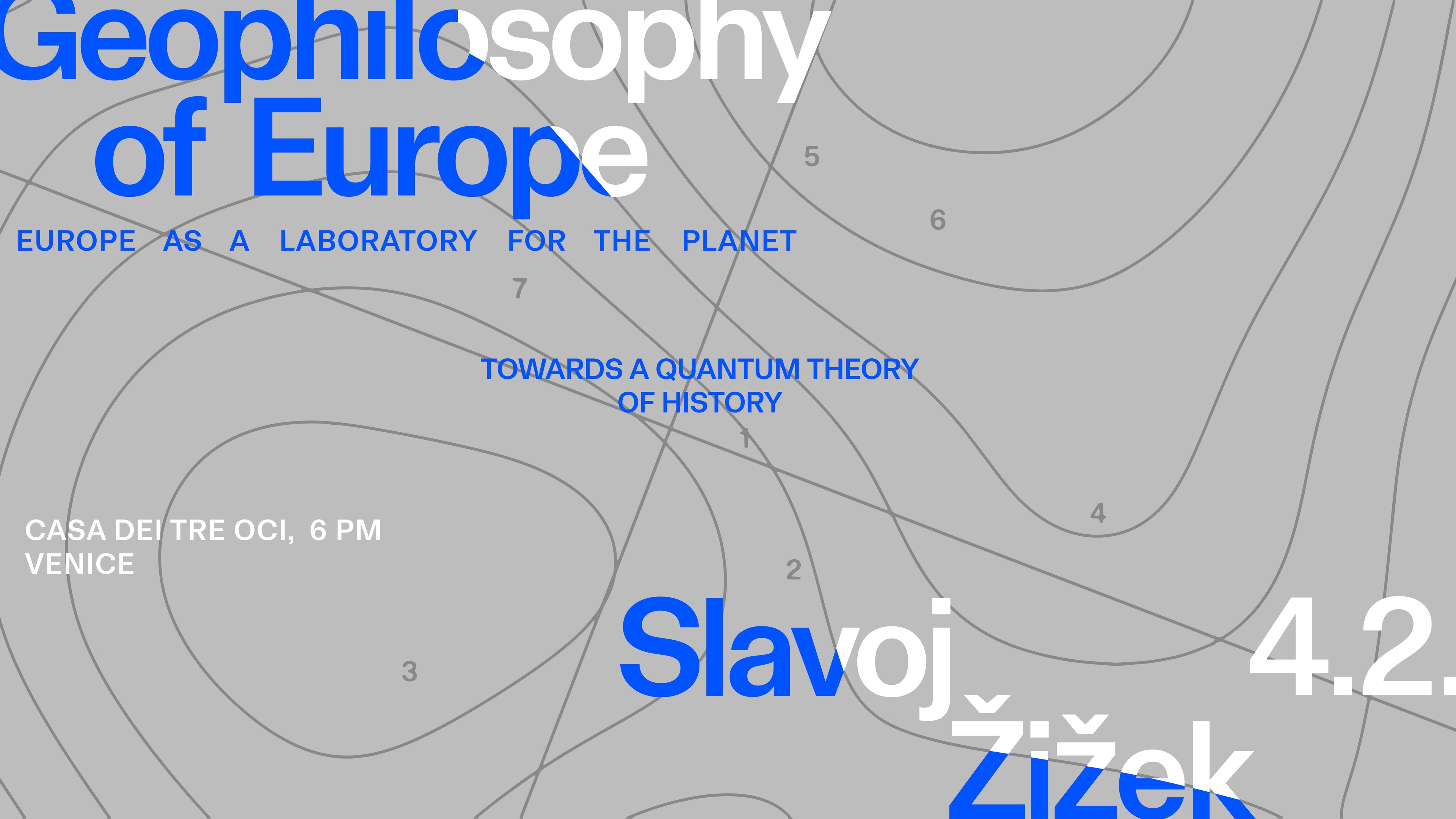
February 4th, 2025
Toward a Quantum Theory of History
The lecture by Slovenian philosopher 𝖲𝗅𝖺𝗏𝗈𝗃 Ž𝗂ž𝖾𝗄, part of the Geophilosophy of Europe program, started to investigate another theme of great importance to the Berggruen Institute, namely Time - Consciousness, which will be more fully developed in a specific program in the near future.
Linear history is a myth. Quantum theory holds that systems can be in multiple states and configurations at once: this is obviously the case with our world, which cannot be reduced to 1 or 0. Building on this insight, a new theory of history and transformation can be operationalized as the basis of a new policy.
In the video interview below, we asked Ž𝗂ž𝖾𝗄 why should a new theory of history and transformation be operationalized as the basis of a new politics and which is Europe’s role in the current planetary politics.
